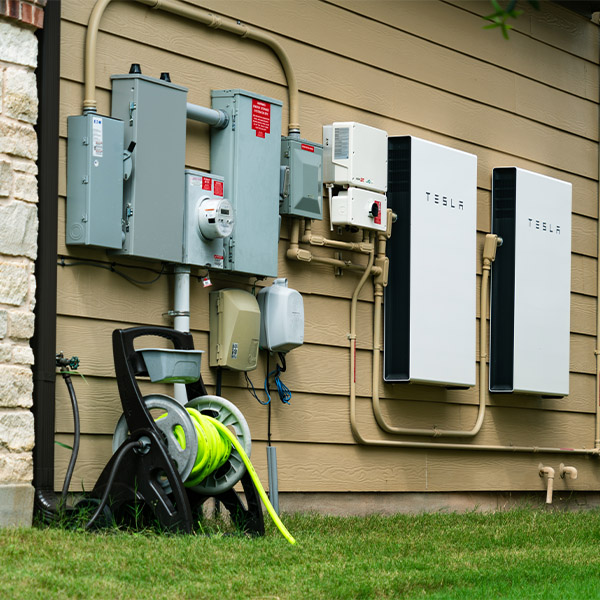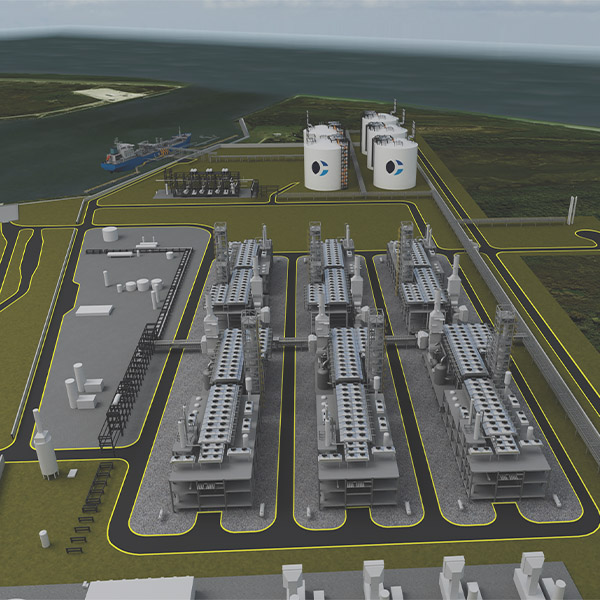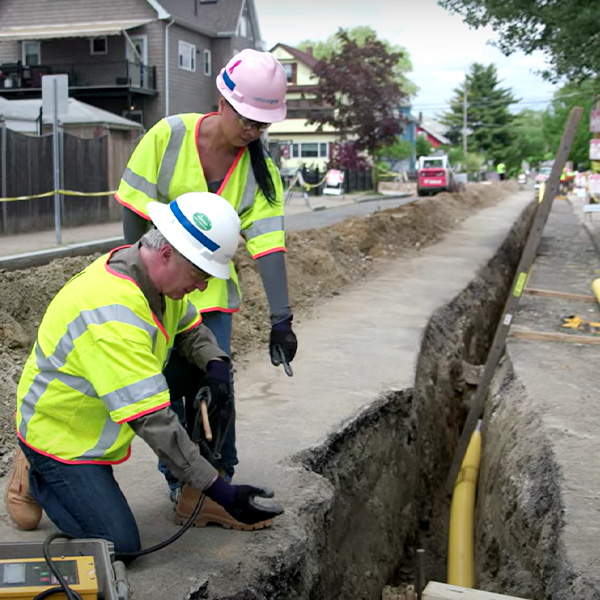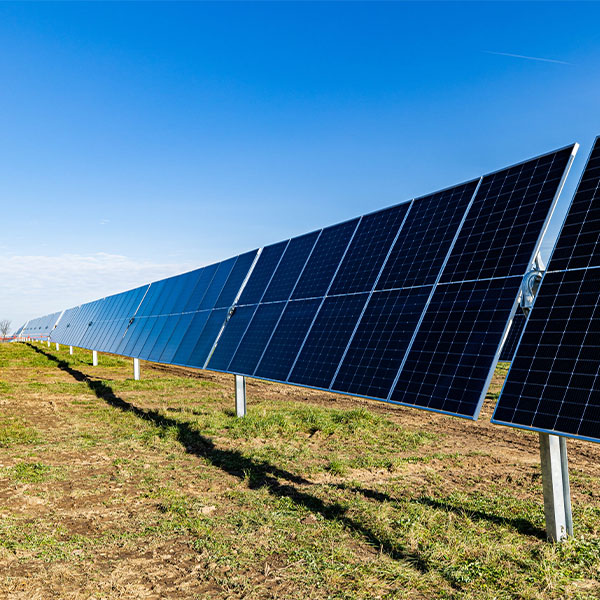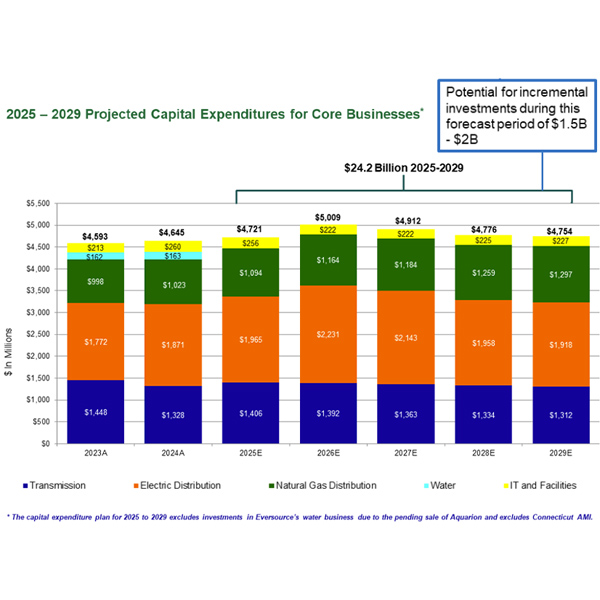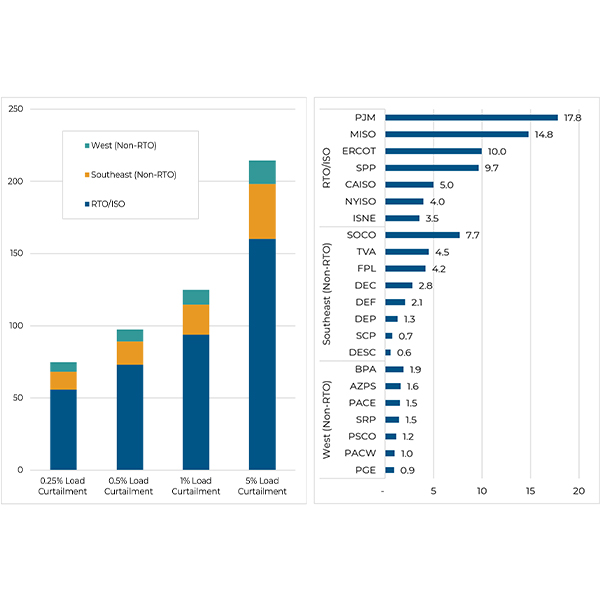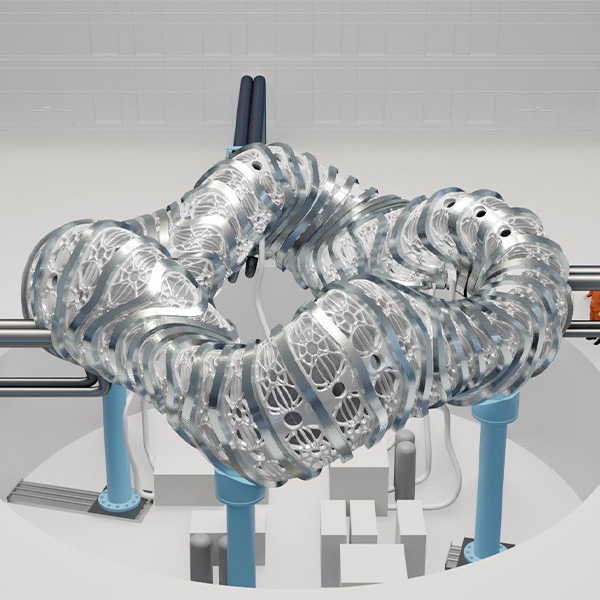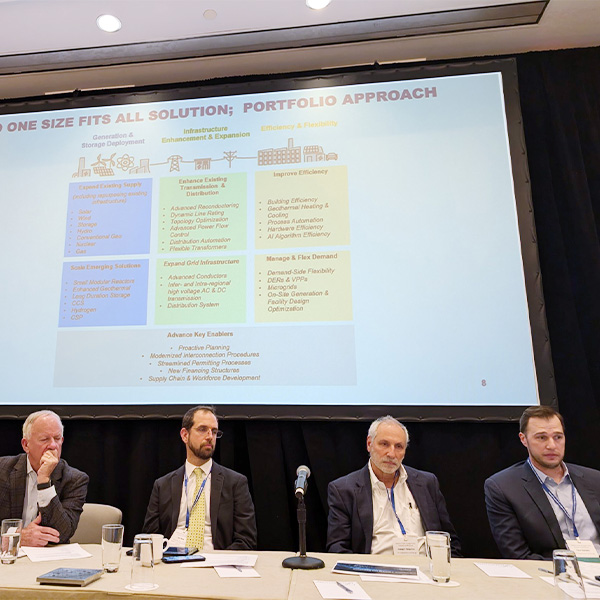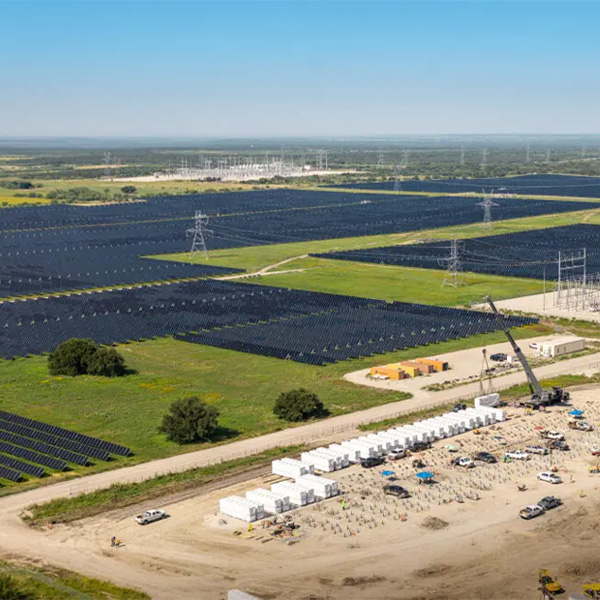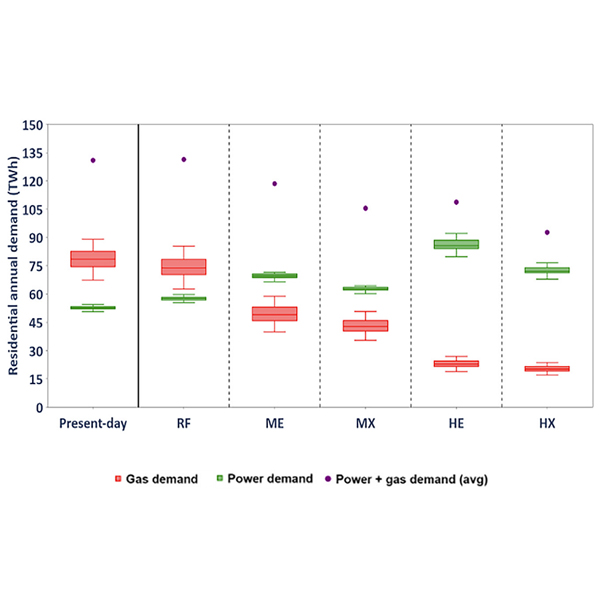NetZero Insider
Agriculture & Land UseBuilding DecarbonizationCookingEnergy EfficiencySpace HeatingWater HeatingCommentary & Special ReportsConference coverageCompany NewsEquity & EconomicsEmployment & Economic ImpactEnvironmental & Social JusticeFederal PolicyCongressDepartment of EnergyLoan Programs Office (LPO)Department of TransportationEnvironmental Protection AgencyFederal Energy Regulatory CommissionGeneral Services Administration (GSA)Interior DepartmentBureau of Land ManagementBureau of Ocean Energy ManagementNuclear Regulatory CommissionTreasury DepartmentWhite HouseGeneration & FuelsBioenergyFossil FuelsCoalNatural GasGeothermalHydrogenNuclearSMRRenewable PowerCommunity solarHydropowerOffshore Wind PowerOnshore Wind PowerSolar PowerRooftop solarUtility scale solarImpact & AdaptationIndustrial DecarbonizationState and Local PolicyAlabamaArizonaCaliforniaCA LegislationCalifornia Air Resources Board (CARB)California Energy Commission (CEC)California Public Utilities Commission (CPUC)ColoradoConnecticutDelawareDistrict of ColumbiaFloridaGeorgiaHawaiiIdahoIllinoisIndianaKentuckyLouisianaMaineMarylandMassachusettsMichiganMinnesotaMississippiMissouriMontanaNevadaNew HampshireNew JerseyNew MexicoNew YorkNYSERDAPublic Service CommissionNorth CarolinaNorth DakotaOhioOntarioOregonPennsylvaniaRhode IslandSouth CarolinaTennesseeTexasUtahVermontVirginiaWashingtonWest VirginiaWisconsinWyomingTechnologyCarbon CaptureTransmission & DistributionEnergy StorageMicrogridsTransportation DecarbonizationAirplane DecarbonizationEV chargersHeavy-duty vehiclesBattery Electric Buses (BEB)Fuel Cell Electric Buses (FCEB)Light-duty vehiclesBattery Electric VehiclesFuel Cell VehiclesPlug-in hybrid electric vehiclesShip electrificationClean Ports
New York’s Public Service Commission has approved an implementation plan to push for installation of 200 MW of residential energy storage and 1,500 MW of retail storage.
DOE announced the first approval for LNG exports from a domestic facility, the normal resumption of which is a key policy goal of the administration.
The Massachusetts DPU has proposed requiring customers who request new gas service to cover the full cost of any needed line extensions, which effectively would end utilities’ practice of spreading the costs across their rate base.
DTE Energy’s five-year capital expenditure plan now calls for $30 billion in investment, up $5 billion.
Eversource Energy executives announced during the company’s year-end earnings call its plan to increase investments in its “core electric and natural gas operations” by $1.9 billion in 2025-2028.
A new study from Duke University says the existing power system could handle much of the demand growth expected in the coming years with no additional generation if artificial intelligence data centers can be persuaded to cut their energy use by as little as 1% during times of peak demand.
The 350-MWe pilot fusion plant would provide baseload generation for the Tennessee Valley region, potentially repurposing returned TVA fossil-burning power plant infrastructure.
The U.S. electric power industry faces unprecedented challenges from the size, pace and impacts of demand growth and should look to new approaches for possible solutions, according to speakers at NASEO’s Energy Policy Outlook Conference.
An environmental report found that most pension funds, key investors in infrastructure in the power industry, lacked any real policies to protect their investments from the effects of climate change.
While heating electrification in New England is poised to drive major increase in peak demand, electrifying about 80% of households could reduce the combined cost of the region’s electric and gas systems by 21 to 29%, according to a new study.
Want more? Advanced Search
